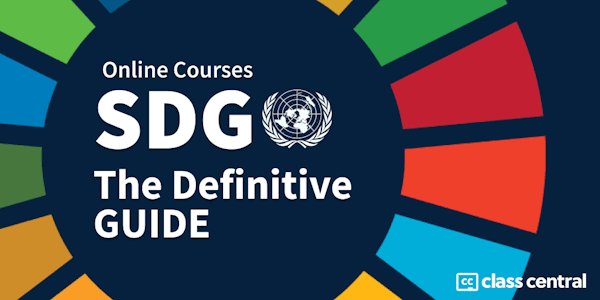Did you know that experts estimate an additional three billion people will live in cities by 2050? What will the impact be on the current world population – half of which currently lives in cities and contributes to about three-fourths of global economic output? The opportunities are vast –but so, too, are the potential issues.
In Sustainable Cities , you will learn about the major challenges currently faced by urban areas around the world – including poverty, unemployment, poor housing infrastructure, and constraints on productivity – and the extraordinary potential of these areas to enable change in the future. From infrastructure to culture to economic opportunity, learn how harnessing the power of urban development for global progress is imperative.
This course examines how urban sustainability can be delivered with increasing productivity and reduced inequality; provision of universal basic services and infrastructure; protection of the urban environments; and other solutions and investments, both speculative and in action around the world.
You will emerge from this course understanding how governments, private stakeholders and other actors can improve urban development to heed the call of Sustainable Development Goal 11 – “making cities and human settlements inclusive, safe, resilient and sustainable“ by 2030.
This course has been developed through a partnership between the SDG Academy and the Indian Institute for Human Settlements (IIHS) , which is working to transform the current nature of urban education and practice in India.
This course is for:
- Anyone interested in the concept of sustainable cities – including those interested in the development of their own local community – who wants to understand the foundations of modern urban development
- Graduate students and advanced undergraduate students in architecture, real estate development, sustainable development, sustainable business, international development, public policy, and other related fields
- Sustainable development practitioners interested in the elements of sustainability that impact urban areas worldwide
- Private-sector actors , such as those who work in real estate development, technology, telecommunications, transportation, or energy – whose work can contribute to and redefine urban areas




